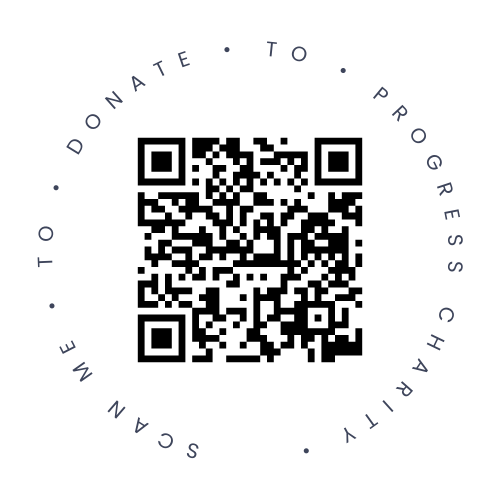Getting Support
A cancer diagnosis is always going to be a shock for anyone, not only the person diagnosed but the loved ones and friends involved too.
The hospital team will be on hand to guide you and your family/loved ones through the investigations and treatment but can also guide you towards practical and emotional support. They can also help you to access any financial support that you may need.
We understand that attending appointments can be a stressful experience. A lot of information can be provided and you may not be ready to hear it or take it all in. It may help to:
- Make a list of questions before you go
- Take someone with you if possible. They can remind you what you wanted to ask and help remember the answer
- Think about how much you want to know about your cancer. Some people want all the facts and details. This helps them be part of the decision-making process. Others want to learn the basics and leave details and decisions to their health care providers. Think about which works best for you. Let your team know what you'd like.
Our specialist nurse team are also available on the telephone and by email. There is no such thing as a stupid or wrong question, if it’s worrying you ask away.
The Medical Team
What can you do to help yourself?
Keep healthy – for many people, cancer if not their first health related problem. If you have other conditions such as diabetes or high blood pressure do what you can to keep this under control. This may mean a trip to the GP to get advice or adjust medication.
Stop smoking, limit alcohol intake and keep moving.
Being as fit and active as you can be before treatment starts, and during treatment really helps to improve not just your own well being but also the outcomes of treatment. There is a lot of new and exciting research looking at the impact of exercise on the success of cancer treatment and so far it’s looking promising. Whilst everyone’s fitness goals are different, do try to be as active as you can when you can and rest when you need to.
Get the right balance of nutrition. Many people with oesophago-gastric cancer struggle to eat their normal diet either due to symptoms from the cancer or side effects from treatments. Our team of dietitians are experts at helping you to adapt your diet and make the right dietary choices.
Develop your own ways to deal with cancer
Just as each person's cancer treatment is different, so are the ways of dealing with cancer. Ideas to try:
- Practice ways to relax.
- Share your feelings honestly with family, friends, a spiritual adviser or a counsellor.
- Keep a journal to help organize your thoughts.
- When faced with a difficult decision, list the pros and cons for each choice.
- Set aside time to be alone.
- Remain involved with work and leisure activities as much as you can.
- Be ready to say no. This is the time to focus on you.
Other good sources of advice and support
Whilst we suggest you avoid trawling the internet for answers there are a few websites we would recommend:


